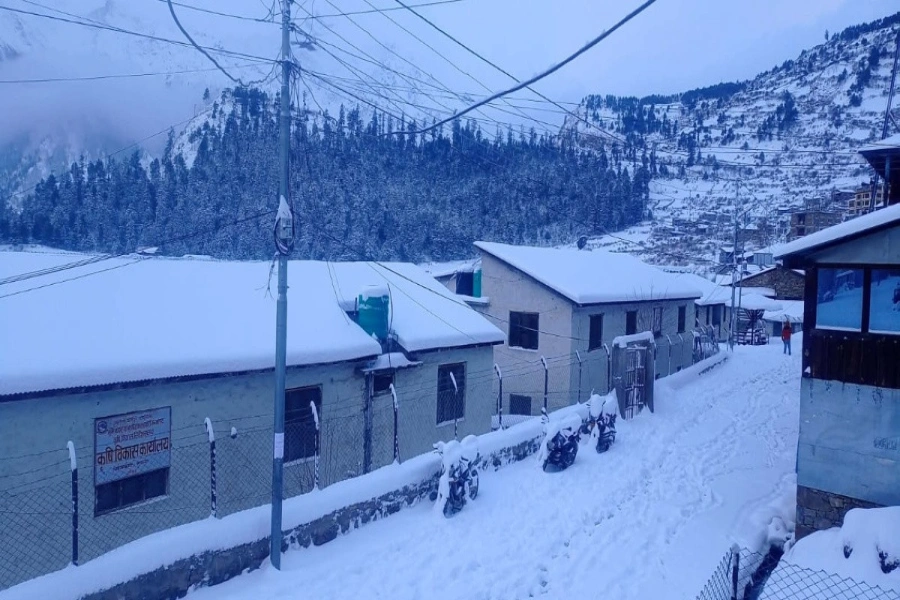KATHMANDU, Aug 10: The Ministry of Energy, Water Resources and Irrigation has formed a probe committee to investigate into the allegations of irregularities in the construction of the Sikta Irrigation Project, a multi-billion-rupee national pride project.
The ministry informed that a six-member probe committee led by Joint Secretary Sushil Chandra Tiwari has been formed to investigate into the possible irregularities in the project. The project can irrigate around 43,000 hectares of land in Banke district upon completion.
Locals ‘find’ several vulnerable points along Sikta’s main cana...

The committee has been given 15 days to investigate the reasons behind the collapse of the canal as well as examine the quality of the construction work and identify those responsible.
Roshan Khaka, press coordinator of Energy Minister Barsaman Pun, said that the probe committee was formed as per the instruction of the energy minister himself after reports about irregularities in the construction came to the fore. He informed that the committee has been given 15 days to investigate the reasons behind the collapse of the canal as well as examine the quality of the construction work and identify those responsible.
Earlier, it was reported that the reason behind the canal collapse was design defect and poor construction by the contractor. The collapsed canal was constructed by Kalika Construction Pvt Ltd, which is owned by lawmaker Bikram Pandey.
Sources privy to the development said that government officials intentionally deferred for 17 months the testing of the main canal at Sikta Irrigation Project after formally taking over the project from the contractor. The deferral allowed the contractor to walk free from any responsibility of repairing the defect. The canal construction testing was conducted only three weeks ago although the defect liability period (DLP) for the project had expired in February 2017. During the DLP, the service provider is responsible for all repairs and damage restoration.
If the canal construction testing was conducted before the defect liability period (DLP) of the project that had expired in February 2017, the government could have held the contractor responsible for all repairs and damage restoration. Now tax payers might have to bear the burden of repair and maintenance.




































